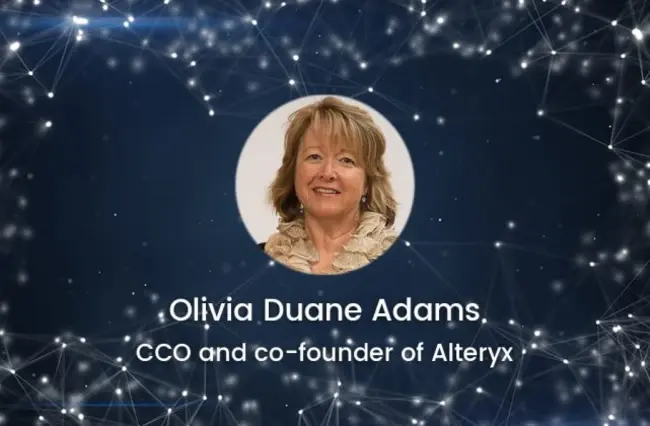
. The future data scientist will be in the line of business rather than outside as a specialist, because they understand the context of the business, the questions being asked and the insights that advanced analytics need to support. How can businesses empower and best leverage their existing data scientists? That’s easy – with speed to insight. Business leaders of today and tomorrow need insights at the speed of business, so our data scientists must be empowered with more capabilities in fewer tools to get the data ready for model development as well as the right platform to develop and deploy the right models to deliver for the business. Our future data scientists are here today. They are in the line of business, close to the questions, the data and the leaders who need insight. How can companies instil a data-driven culture? By building an “army of citizen data scientists.” Focus on creating a centre of enablement with a strong team mentality and adopt collaboration platforms that enable teamwork, model building and common systems of insights. Data scientists come at a premium and are few and far between, which can be challenging for enterprises that want to build out this technical capability. To combat the talent shortage, self-service analytics platforms and training/enablement allow these companies to effectively create “citizen” data scientists out of analysts sitting in various lines of business. But what exactly is a ‘citizen data scientist’? A citizen data scientist (CDS) is defined by Gartner as a person who creates or generates models that use advanced diagnostic analytics or predictive and prescriptive capabilities, but whose primary job function is outside the field of statistics and analytics. They are becoming increasingly important in today’s data-driven world. They are go-getters that want to rapidly increase their data literacy and quickly become enabled with self-service tools or platforms as well as requisite skills. Then, they enable themselves to answer business questions with advanced capabilities that previously sat only in the hands of technical data scientists and statisticians. What tools will become increasingly important as we see this rise in new-age data workers? Self-service analytic platforms are putting more advanced analytic capabilities into the hands of business experts who know their company’s business and data, and know what questions they want to answer – but do not have technical skills like writing code. Many platforms are also taking self-service one step further, giving these citizen data scientists not only the ability to create predictive models in a drag-and-drop environment, but also allowing them to deploy their models to the broader enterprise. Providing the necessary tools as well as enabling citizen data scientists with training and support can allow businesses to harness and develop internal talent to help organisations create the next generation of data workers. With the right culture, the right governance and the right tools, analysts from all parts of the business can contribute and drive tangible benefits.




Comments ( 0 )